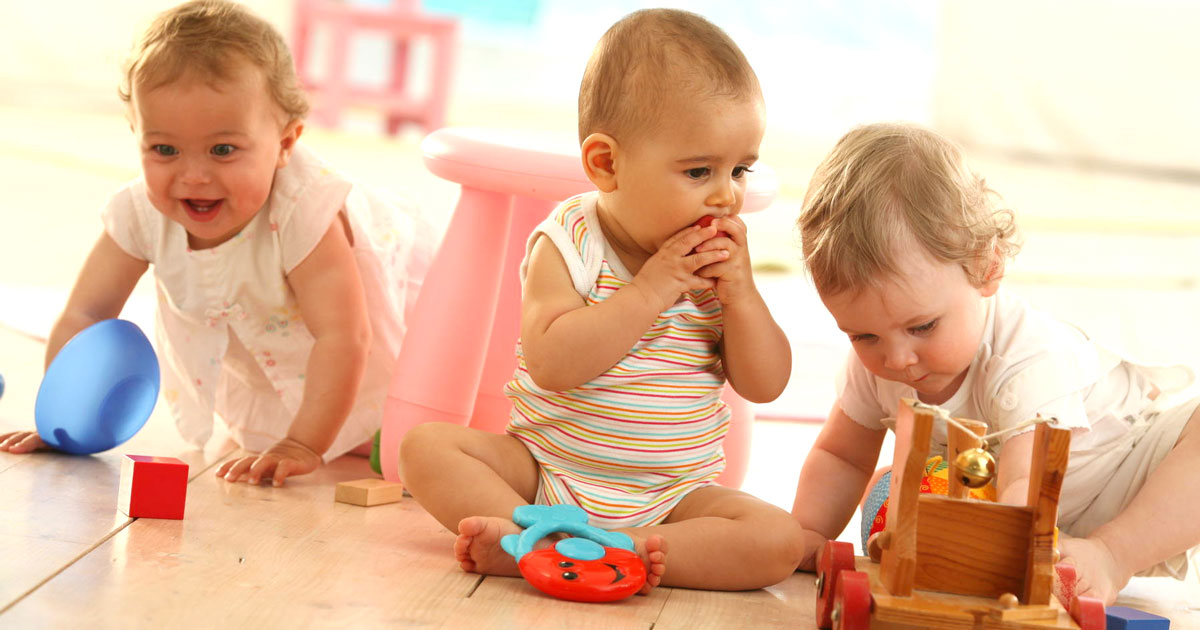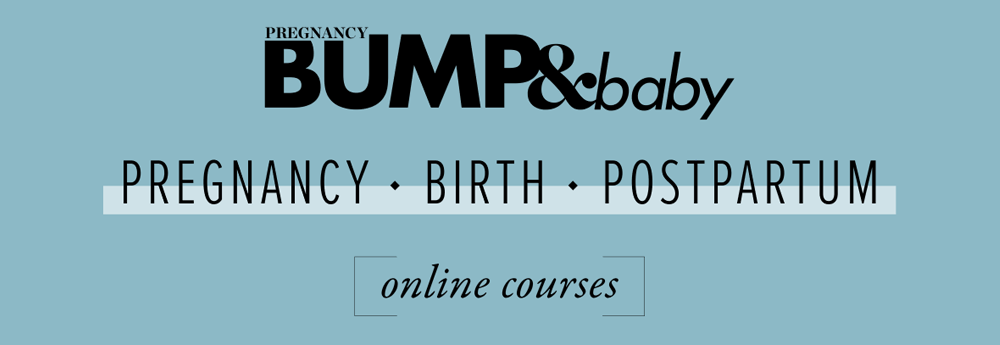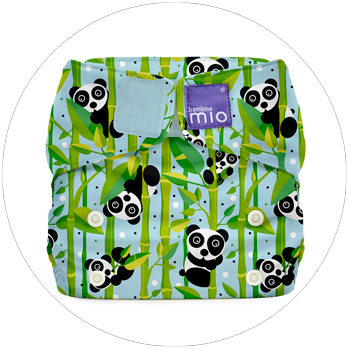
Whether you are returning to work full-time, part-time, or are wanting childcare for other reasons, choosing the right option for your child can be a bit overwhelming. Maternity nanny and postnatal advisor Katie Thomas explains the types of care available.
There are multiple childcare providers available in New Zealand to meet the needs of individual families. All sorts of factors go into finding the right fit for you, such as cost, location, hours, the age of your child, and any specific needs you and your children may have. Understanding the differences between the options can be confusing. Here is an outline of each of them.
Family member or friend providing childcare
This is simply finding a friend or family member to care for a child of any age, in their home or yours. It is similar to having a nanny in the sense that it is generally a one-on-one scenario with flexible hours, but it can be a cheaper alternative. Having an already known and trusted person care for your child can be reassuring, but finding a balance between employment and family/friendship can be a challenge.
Shared care with other parents
Mothers will sometimes balance childcare needs between themselves. If parents have gaps after school or after other childcare that require care, they can help one another out within themselves when needed, on a casual or regular basis. This generally means the child will have playmates around, and it can be very cheap or often free.
In-home childcare
This is a single carer working in their own home or in one of the families’ homes, with more than one child in their care. They are sometimes mothers themselves with their own children at home or at school. Otherwise they are often trained in some sort of childcare and first aid, and can provide flexible hours. The children can be ages 0-5, will have socialisation from their peers, and will be taken on outings. The child-to-adult ratios differ for every situation, depending on the children’s ages, but the general rule is one adult to no more than four children, and no more than two children under the age of two in each home. Fees differ between carers, depending on qualifications, experience and subsidies. Generally, in-home care ranges from $5-$10 per hour per child.
Nanny share
This is two or more families sharing the same nanny in one of the families’ homes and receiving care for children of any age. Each family pays less than they would a one-on-one nanny, and often rotate whose home they spend the day at. Potential issues need to be discussed at the beginning, such as whose house, what happens if a child is ill, who provides food and snacks, etc. Hours are generally flexible and the children will have socialisation from each other.
Au Pair
This is a domestic carer who lives in your home and is often foreign and generally a female (but not always). They provide cheap childcare to children of any age, in return for food and a room. Each au pair situation is different, but they are often trained in some sort of childcare and first aid and can provide flexible hours. Fees differ and can be hourly or weekly, but are generally around $250-$300 per week, as well as added hosting and agency costs. It is a one-on-one care option that is often more affordable for families with several children, but an au-pair may not be as highly trained as a nanny and may be here in the country for other reasons too.
Nanny
This is a carer coming into the family’s home and caring for a child of any age one-on-one. The majority of nannies are trained in some sort of childcare or first-aid and can provide flexible hours. As they are coming into your home, other services are often provided, such as light cleaning and cooking. The more experienced and qualified the nanny, the higher the hourly rate, ranging from $15-$25 per hour.
Playcentre
This is a community-based, parent-run childcare option for children aged 0-6. Sessions are short at around three to four hours and cost around $30 per term. Parents are encouraged to stay and play alongside their children to support their learning and to make connections with other parents in their community. Drop-off sessions should be discussed with the individual centre. Playcentre focuses on parents themselves being a child’s most valuable teacher and encourages them to stay and learn alongside their children, with free parent education provided. The ratio of adults to children ranges from 1:5 to 1:3. Each Playcentre follows the Ministry of Education early childhood education curriculum and regulations, and many will allow you to come for a few free sessions to try things out before committing.
Kindergarten
Also known as kindy, this is an education and care centre that is governed by a kindergarten association. They have traditionally only provided half-day morning or afternoon sessions for three- to four-year-olds, but increasingly more are offering full days (up to six hours) to families, and some are now taking children as young as two-and-a-half years old. They run the same as the school term and school hours, sharing the same school holidays, and are mostly only open between 8.30am-3pm. Children have high amounts of socialisation, and very little one-on-one time with the adults caring for them. As they are mostly government-funded, fees are generally pretty low at around $2-$5 per session, and ratios can be as high as 1:10, but these vary between each kindy.
Daycare
Also often known as an early childhood centre or a preschool, daycares provide care for children aged 0-5. Depending on who runs them and how they are funded, they can be public or private. Daycare ratios differ between centres depending on policies and the amount of qualified teachers they employ. In New Zealand we have a policy that ensures at least 50% of teachers in daycares are qualified with an early childhood degree or similar. A general idea of a ratio would be 1:5 (1 adult to 5 children) for children under the age of 2, and 1:6 for children over the age of two; that is just a guide and does vary. Daycares can be open from 7.30am to 6pm all yearround, so are a popular option for parents working full-time. Children have high amounts of socialisation, and very little one-on-one time with the adults caring for them. Fees range from $25+ for a half- day session, to $55+ for a full day, depending on subsidies and the centre itself.
Childcare subsidies
There are multiple childcare-related subsidies here in New Zealand for families that meet specific requirements; researching online and speaking to the right people will help clarify what you and your family may be entitled to. The government provides funding up to 20 hours a week, and up to six hours a day of Early Childhood Education for all children aged three and four years old who are attending approved programmes. Finding the right childcare fit for your family can be a challenge. Talk to trusted people around you who have experience with different childcare providers. Go and visit places or people you are interested in; be open about what you are looking for and what you expect for your child. But most importantly, go with your gut feeling about what is going to be the best fit for your child and your family.
BUMP&baby
BUMP & baby is New Zealand’s only magazine for pregnancy and early babyhood. Our team of mums and mums-to-be understand what it’s like to be pregnant in this connected age, and that’s why BUMP & Baby online is geared toward what pregnant women and new mums really want to know.
Other articles of interest
Bambino Miosolo All-in-One Reusable Nappy
You may not know this, but you’re supposed to flush poo down the toilet even when you use disposable nappies, not bundle it up with the nappy to throw away.







